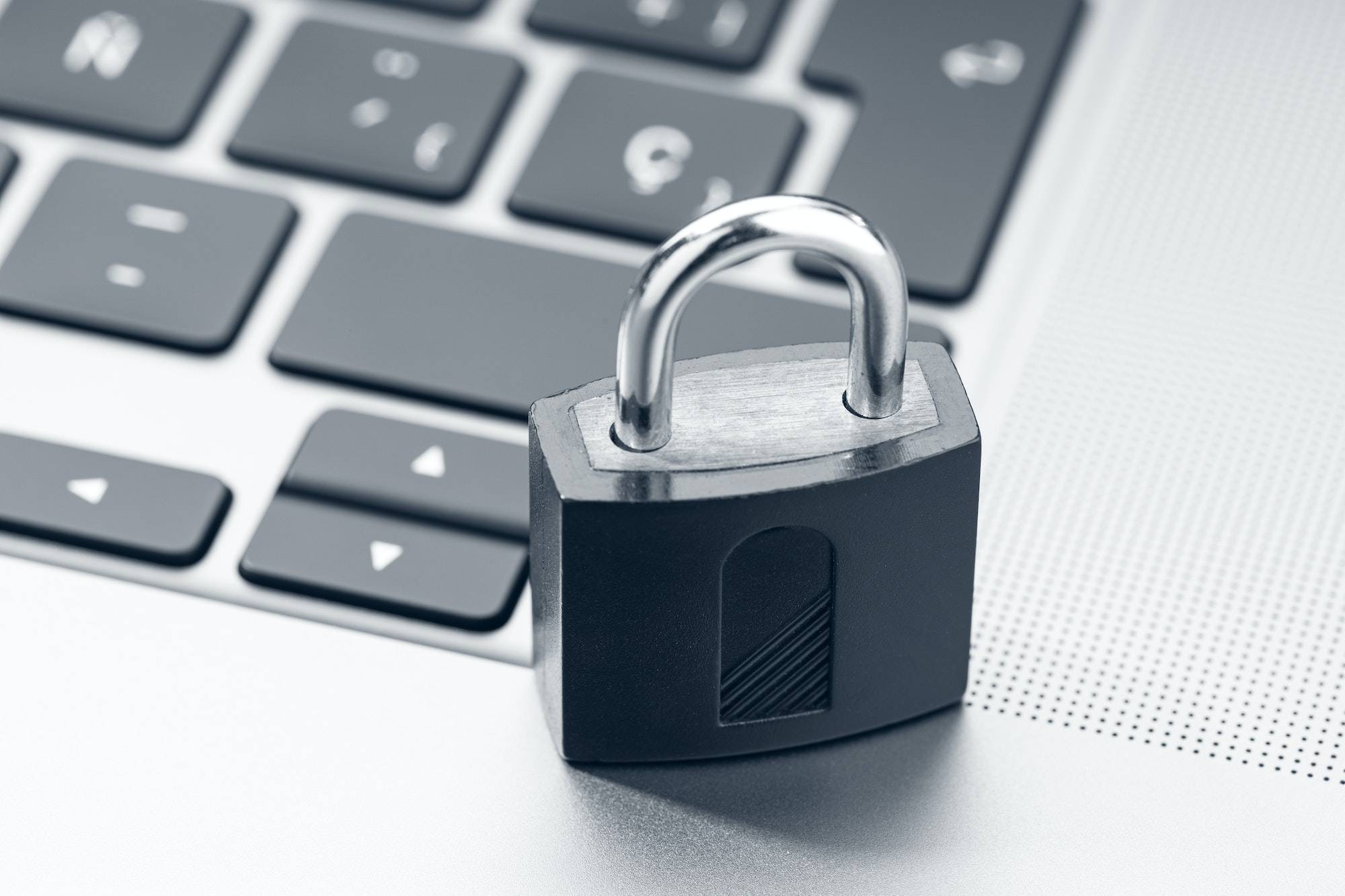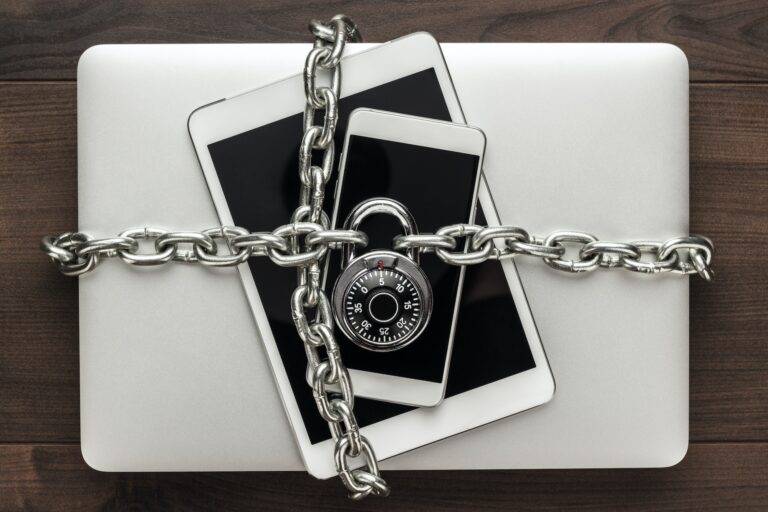ChatGPT and Data Security: Unveiling the Potential of OpenAI’s Powerful AI Chatbot
ChatGPT and Data Security: Unveiling the Potential of OpenAI’s Powerful AI Chatbot
As AI becomes a crucial part of various industries, concerns about data security rise. Enter ChatGPT, an advanced AI chatbot developed by OpenAI. This versatile tool, built on the powerful GPT language model, can generate human-like responses in text format based on the data it was trained on. But is ChatGPT safe to use, and how does it impact data security?
ChatGPT by OpenAI offers numerous applications, from code writing and translation to summarizing documents and creating poems. Its ability to generate human-like responses raises questions about its potential misuse in data theft, malware development, phishing emails, impersonation, and spam. It can also contribute to the spread of misinformation, ransomware, and business email compromise (BEC) attacks.
However, ChatGPT can also be a valuable asset in cybersecurity. It can help close the cybersecurity knowledge gap, debug code, perform Nmap scans, and identify contract flaws. When used responsibly, ChatGPT can assist in automating security incident analysis and vulnerability detection.
To maintain data security while using ChatGPT or any other conversational AI system, always be cautious about the information you share. Implement up-to-date software, antivirus protection, firewalls, multi-factor authentication (MFA), strong passwords, and network detection and response (NDR) technology. Moreover, monitor your accounts and fact-check all content generated by ChatGPT.
The future of AI chatbots like ChatGPT is promising, with increasingly personalized, accurate, and efficient responses. Despite potential data security issues, AI chatbots can significantly enhance cybersecurity, detect suspicious patterns, and train employees to reduce the impact of phishing attacks. As AI continues to develop, industries such as healthcare, finance, real estate, and more will benefit from its vast potential.
You May Also Like

Essential skill alert: Unlocking the full potential of ChatGPT will be 2023’s game-changer!

Unlocking ChatGPT’s Full Potential: The Ultimate Guide to Prompting AI Conversations





